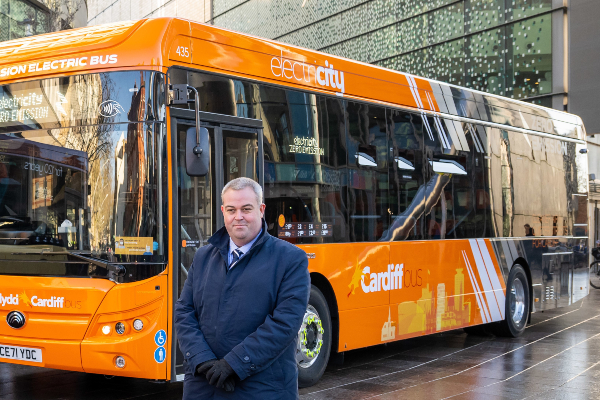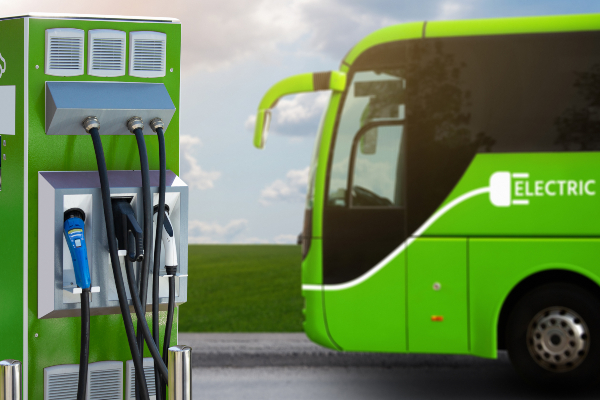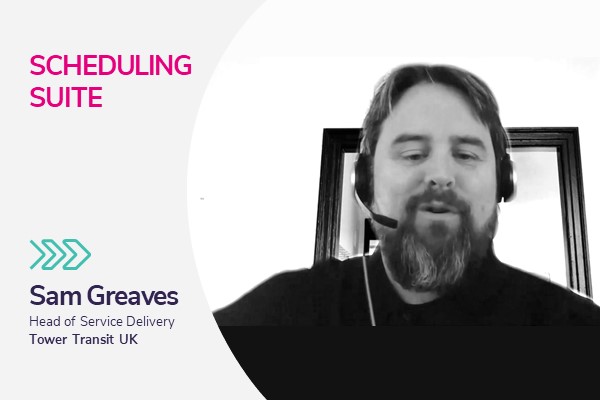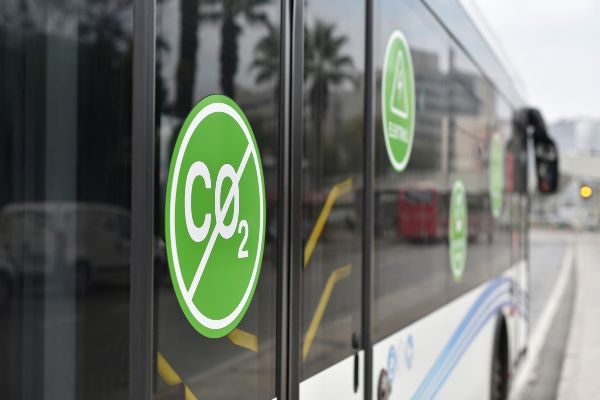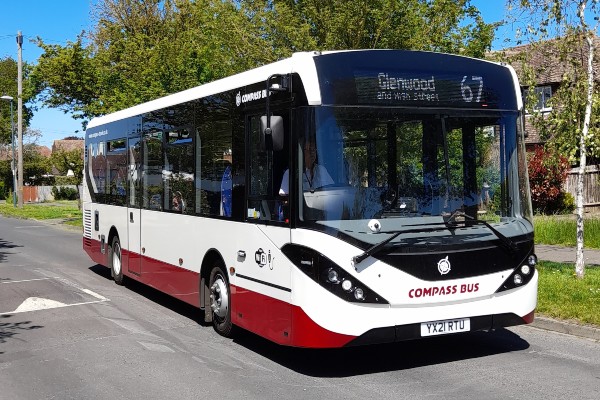
12 October 2022 – Compass Travel (Sussex) Ltd, the largest independent bus operator in the South East, has selected a package of Omnibus software solutions to improve operational efficiency, including cloud-based scheduling and depot allocation.
The cloud solutions will provide the Worthing-based operator with seamless collaboration on schedules, real-time driver and vehicle management for faster handling of disruption events whilst minimising costs, and enhanced reporting capabilities to improve service quality.

Michael Bishop, General Manager at Compass Travel, said: “Having considered other options, Omnibus software solutions offered the most comprehensive and flexible capabilities to support our operation. Since the acquisition of Omnibus by EPM Group and ongoing investment, there is a great choice of solutions and synergy between the two companies to drive innovation, collaboration, agility and efficiencies.”
Compass will migrate its existing Omnibus software (timetabling, vehicle scheduling and rostering) to the cloud scheduling platform and introduce OmniMAP, a digital mapping solution developed specifically for bus operators and transport authorities.
To reduce the administrative burden on allocators, the operator will digitalise manual allocations processes by adopting OmniDAS, a cloud-native real-time depot allocation system. OmniDAS provides users with more control to efficiently allocate and manage resources, produce timesheet and payroll information, and automate sign-on.
Linked to OmniDAS, Compass will implement driver app OmniENGAGE to automate driver requests and enquiries and streamline communication between allocators and drivers. It will also adopt data sharing solution BODS Exporter to ensure that compliant transport data is submitted downstream.
Michael, who also sits on ALBUM’s (The Association of Local Bus Company Managers) board of directors, said: “Having shared values, we are proud to extend our partnership with Omnibus. Its solutions are built on a deep appreciation for passenger transport operators of all sizes.
“Moving our existing scheduling software to the cloud and implementing new solutions will help us work efficiently and provide unprecedented levels of transparency and accountability across the business.
“With OmniDAS, our allocators will gain capability to work holistically across our Lewes, Worthing and Dunsfold depots and report on them individually and as a collective. The driver app will support staff retention by improving communication with drivers and providing them with an easier way to submit holiday requests, shift swaps and overtime requests.”
Peter Crichton, Founder of Omnibus, said: “Omnibus is delighted to further expand its relationship with Compass Travel in offering cloud-based scheduling and depot allocation along with a data sharing solution.
“Operators need to be agile to react to the changes in passenger demand and require a deep understanding of the data relating to their operation in order to achieve their business goals. With our in-depth knowledge of the industry and proven ability to provide robust solutions, Omnibus is well positioned to support operators with their challenges.”
-END-
Omnibus Solutions: www.omnibus.solutions
Press contact
Harminder Sangha
harminder.sangha@epm-bus.com
07538 935 568
Powering the future of your bus operations
Grow patronage, boost revenue, and drive operational efficiency.


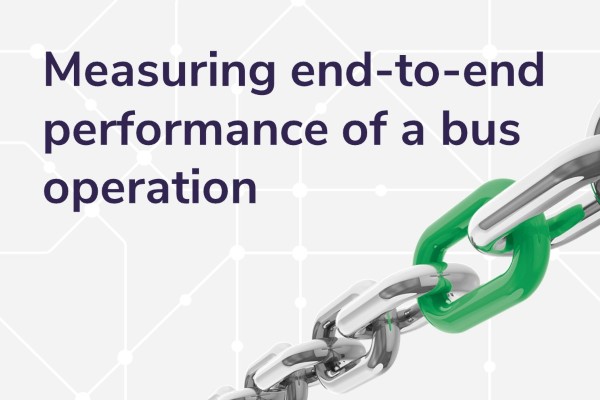
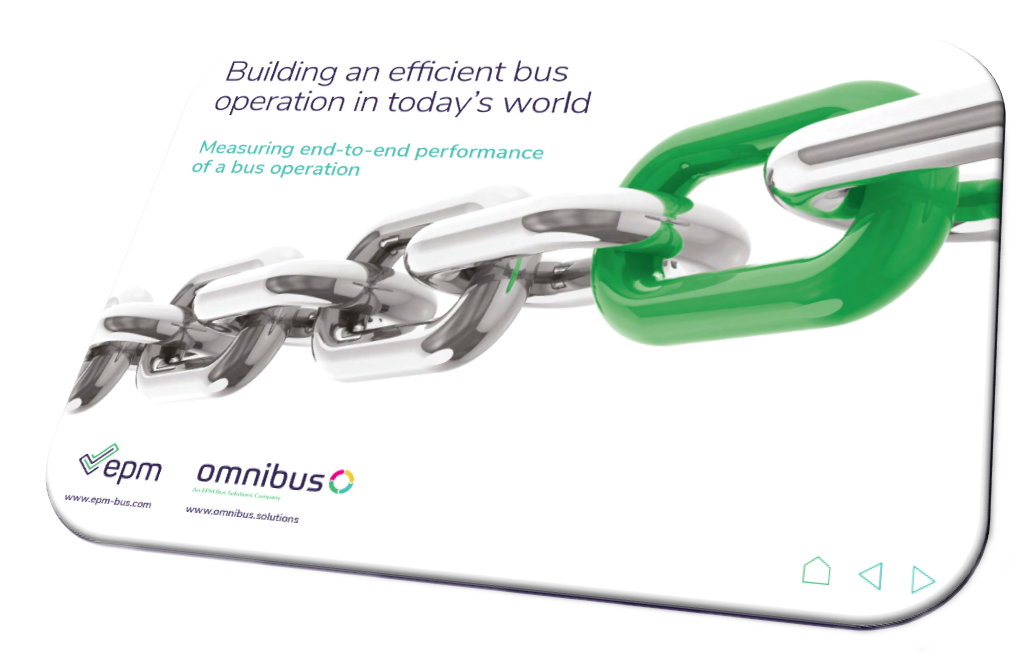
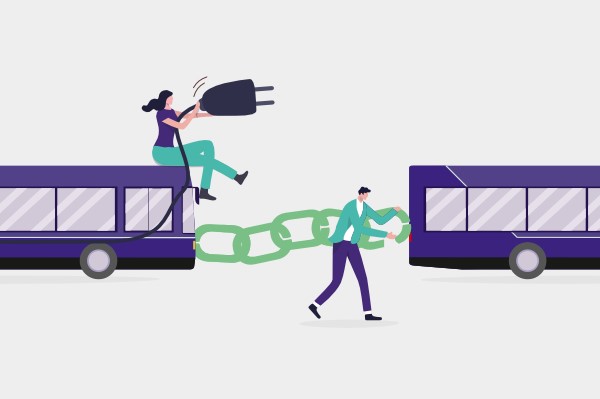

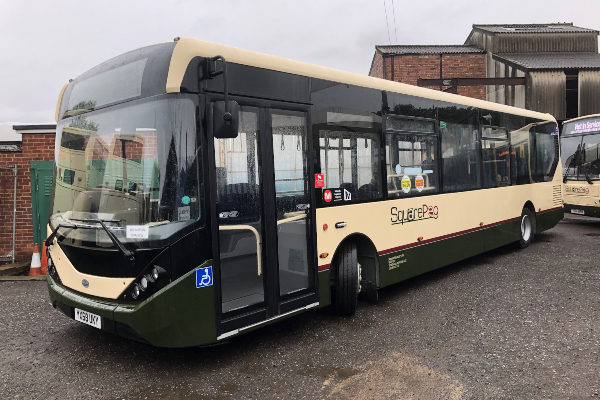
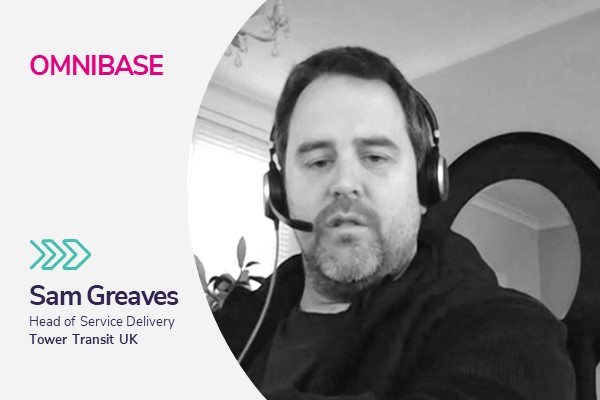
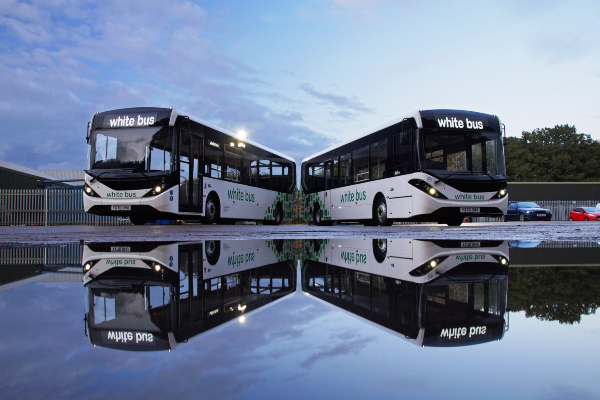
 Simon Rowland, Managing Director of Rowgate Group, said: “It is important for us to stay ahead of the game and to do this we need a partner with proven solutions and a deep understanding of the UK bus industry and the challenges operators face.
Simon Rowland, Managing Director of Rowgate Group, said: “It is important for us to stay ahead of the game and to do this we need a partner with proven solutions and a deep understanding of the UK bus industry and the challenges operators face.